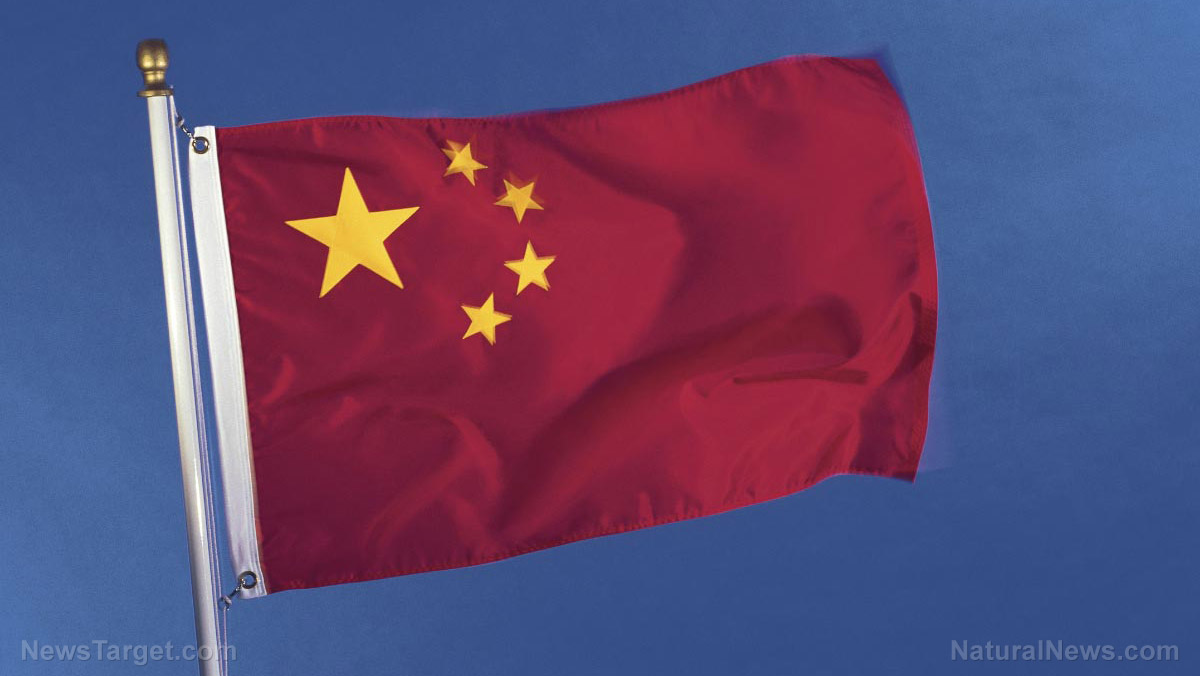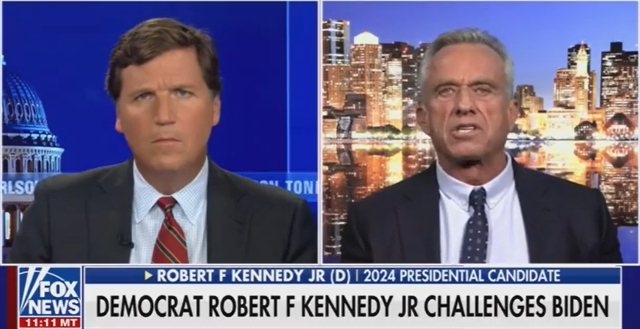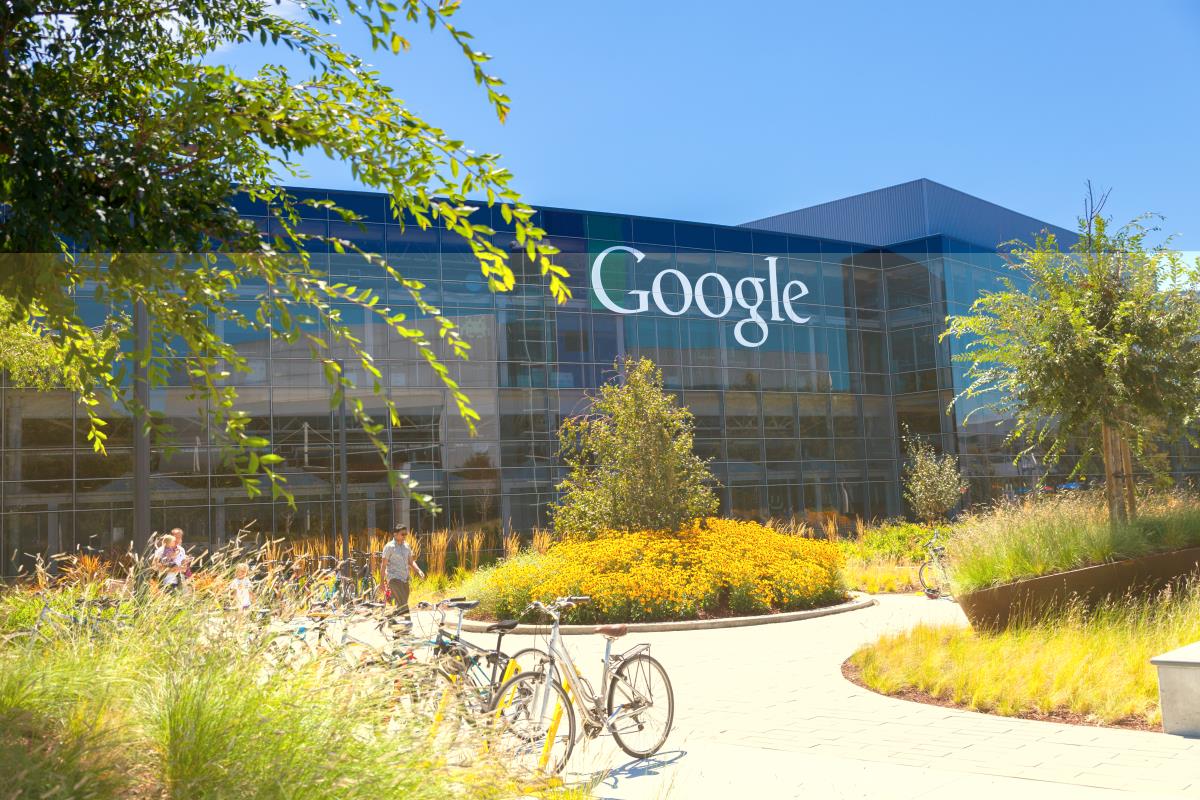
Something is taking place in an enclave of China that does not happen very often: Protests against the government that have spilled out into the streets.
In the semi-autonomous city of Hong Kong, millions of residents are demonstrating against a controversial extradition bill, which has been temporarily suspended by the city administrator, even as the Chinese regime cracked down on all press outlets and social media.
As reported by The Epoch Times, with the Internet and media clampdown, China’s state-run press outlets are free to spin the demonstrations as something else — in this case, they are being portrayed as anti-U.S. demonstrations to the Chinese people.
But following “heavy criticism from netizens, China Daily, an English-language state-run media directed at international audiences, was forced to delete its related Facebook posts,” The Epoch Times noted further.
About one-quarter of the city’s people, most of them adorned in black clothing, inundated city streets June 16 to protest the bill, making it the largest demonstration in Hong Kong history. In particular:
Hongkongers demanded that the city government withdraw the extradition bill, which would allow mainland China to seek extradition of suspects. The bill has drawn broad opposition within Hong Kong society, with many fearing that given China’s disregard for the rule of law, the proposal could allow the Chinese regime to charge and extradite people with impunity.
The protests quickly became the biggest news story internationally, given that such demonstrations in China are rare and especially protests this large.
However, despite the size and impact of the protests no videos, pictures, or reports about it have appeared on any Chinese news websites or via Chinese social media. In fact, on Baidu, China’s most-used search engine, The Epoch Times notes, if users type in the keywords “extradition bill” and/or “Hong Kong parade, they won’t get any results regarding the 1 million estimated protesters who turned out on the streets June 9; the protests on June 12, when local police deployed tear gas, bean bags, and rubber bullets to disperse the sea of people; and the June 16 march.
Trump, Republicans have pledged action — where is it?
How familiar does this sound? If you’re a conservative in the U.S. and you just happen to support POTUS Trump and own/operate an independent news organization, it’s very familiar.
For more than a year now, the tech giants — Google, Twitter, Facebook, YouTube, and others — have either censored conservative content, “shadow banned” it, or kicked conservative, pro-Trump voices off their platforms altogether using the excuse of “fake news” or “hate speech.”
In July 2018, POTUS Trump took to Twitter, ironically, to call for a probe into the shadow banning practice. “Twitter ‘SHADOW BANNING’ prominent Republicans. Not good. We will look into this discriminatory and illegal practice at once! Many complaints,” he wrote.
https://twitter.com/realDonaldTrump/status/1022447980408983552
Then-House Majority Leader Kevin McCarthy (R-Calif.) also chimed in: “Social media is being rigged to censor conservatives. It’s time to rise up and demand accountability from Big Tech. WE WILL NOT BE SILENCED.” (Related: Dear President Trump: If you do not end censorship by Big Tech, you will lose the election and thrust America into a violent civil war.)
https://twitter.com/GOPLeader/status/1022288139560345601
Not only is such censorship unconstitutional — it amounts to discrimination based on political beliefs and ideology — it may even violate anti-trust rules, especially if certain websites purchase advertising or “likes” on Facebook to bolster traffic, only to have their posts hidden from followers.
But nearly a year after these outbursts, Republicans no longer have control of the House so any legislation on this front is DOA. However, the president has an entire federal bureaucracy at his command: Surely it can find a way to force these tech giants to stop behaving like Communist China or suffer financial and legal consequences.
Stay current on censorship issues pertaining to the tech giants at Censorship.news and TechGiants.news.
Sources include:
Please contact us for more information.





















